G A W A I D A Y A K – I N D O N E S I A
Gawai Dayak is one of the major cultural feast celebrated by the Dayak people in West Kalimantan annually for the thanksgiving after harvest, usually on 20th May.
Gawai Dayak comes from Gawai meaning festival and Dayak a name for indigenous peoples in Kalimantan/Borneo.
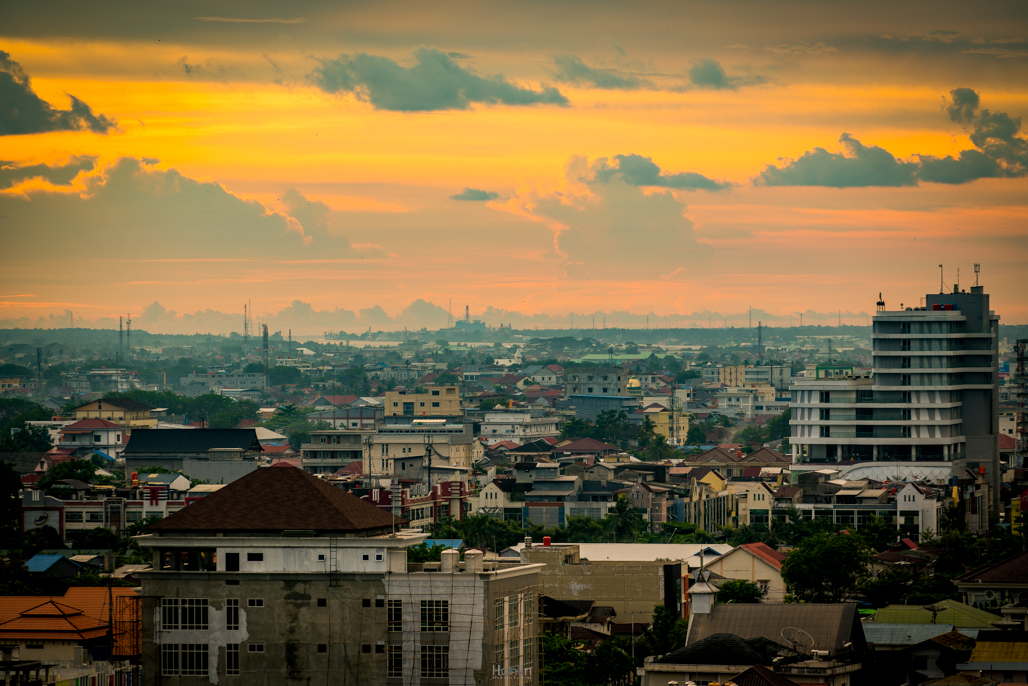 Pontianak, capital of West Kalimantan – Indonesia, a place to hold Gawai Dayak every year.
Pontianak, capital of West Kalimantan – Indonesia, a place to hold Gawai Dayak every year.
Kalimantan also known as the third largest island in the world and the largest island in Asia. Kalimantan has no volcanoes and is protected from tsunamis, it’s known for its beaches and biodiverse rainforest, home to one of the oldest rain forest in the planet, home to wildlife including orangutans and clouded leopards and one of the most ecologically diverse islands in the world.
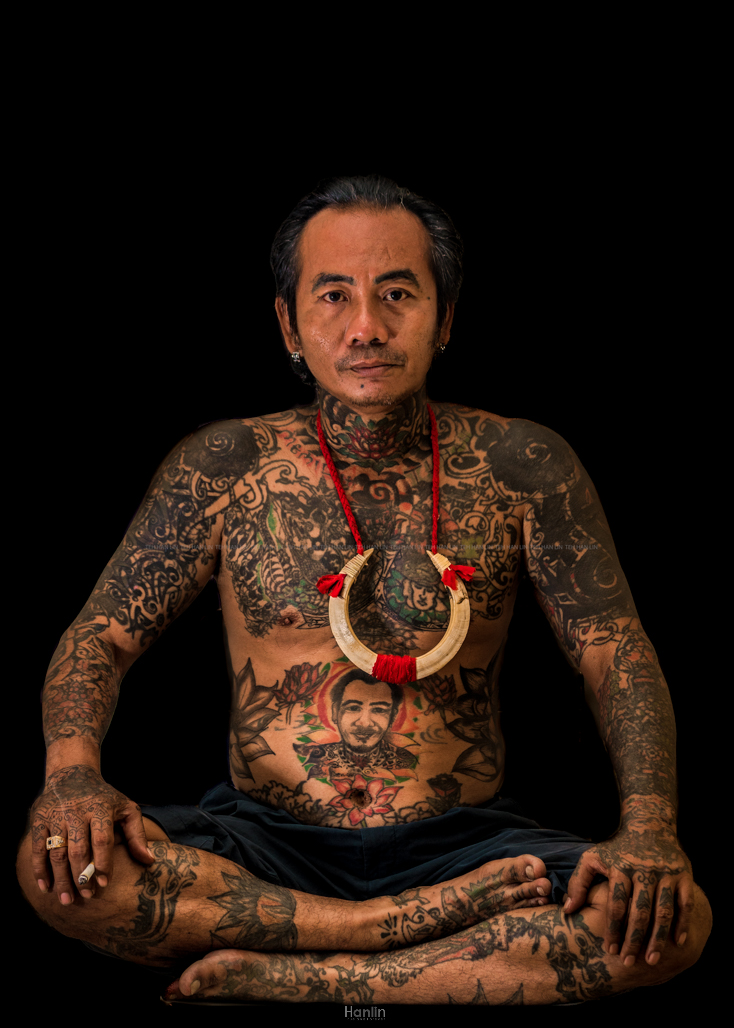
It’s a great honor to met one of the leader from Dayak tribesmen, Mr. Ferry , he is from Iban Dayak /Sea Dayak.
Dayak are the native people of Kalimantan / Borneo. Approximately three million Dayak – Ibans, Kayans, Kenyahs and others – live in Kalimantan / Borneo, each of which has its own language and separate culture.
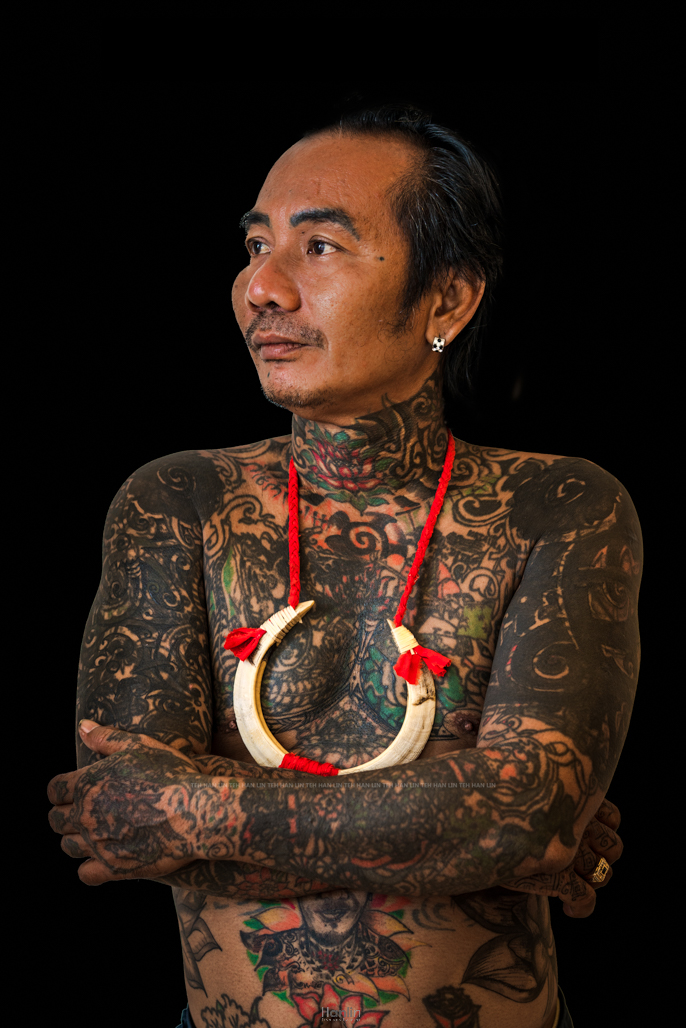
The Dayak are one of the few most feared tribes on earth, if we hear about Dayak then the thought is headhunter, tattoo and magic.
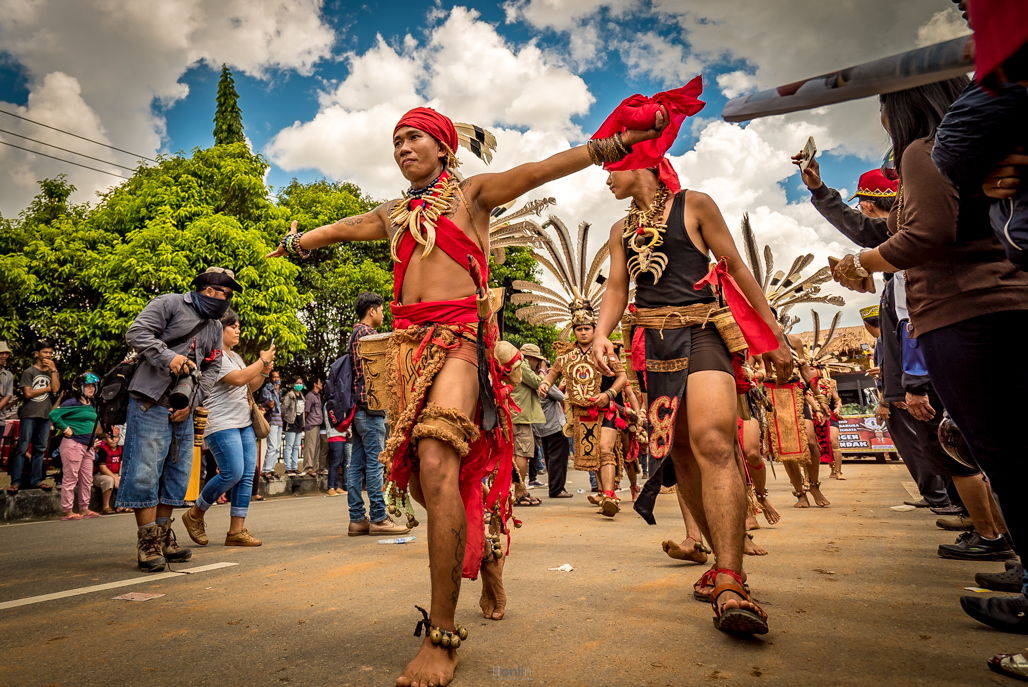
Head hunting is deeply rooted in their culture and is as relevant today as it always has been. To Dayak people, spirits symbolize everything from animals to plants to humans. The Dayak believed that a person’s soul resides in one’s head, that their enemies’ heads held special supernatural powers that were needed to complete complex rituals,They believed that by taking the head, the victim’s powers and status will be transferred to the victor, This is thought to ensure a good harvest and to nurture the fertility of the tribe, the more heads a hunter collected, the higher his rank.
After an attack on enemies, successful warriors were recognised with tattoos on their fingers, usually stylized representation of anthropomorphic animals. Interestingly, some Iban head-hunters had extremely detailed tattoos covering the visible surface of his body, working in effect to both empower him into battle, and to camouflage himself from spirits living in the jungle. The chests and backs of older, more experienced warriors were covered with powerful images. Hornbills were preferred because they were believed to be a messenger of the war god, at the same time symbolising rank and reputation. The scorpion and the dragon dog were used as well, to repel evil jungle spirits.
Today, the headhunting days of the Ibans are long gone; modernisation has come to Iban culture.
To the Dayak tribes, tattooing was believed to be a sacred activity that was connected to many aspects of traditional Dayak culture, especially spirit worship and headhunting. Each tattoo has its own meaning and purpose. Tattoo designs contain images from nature, merging motifs of plants and animals.
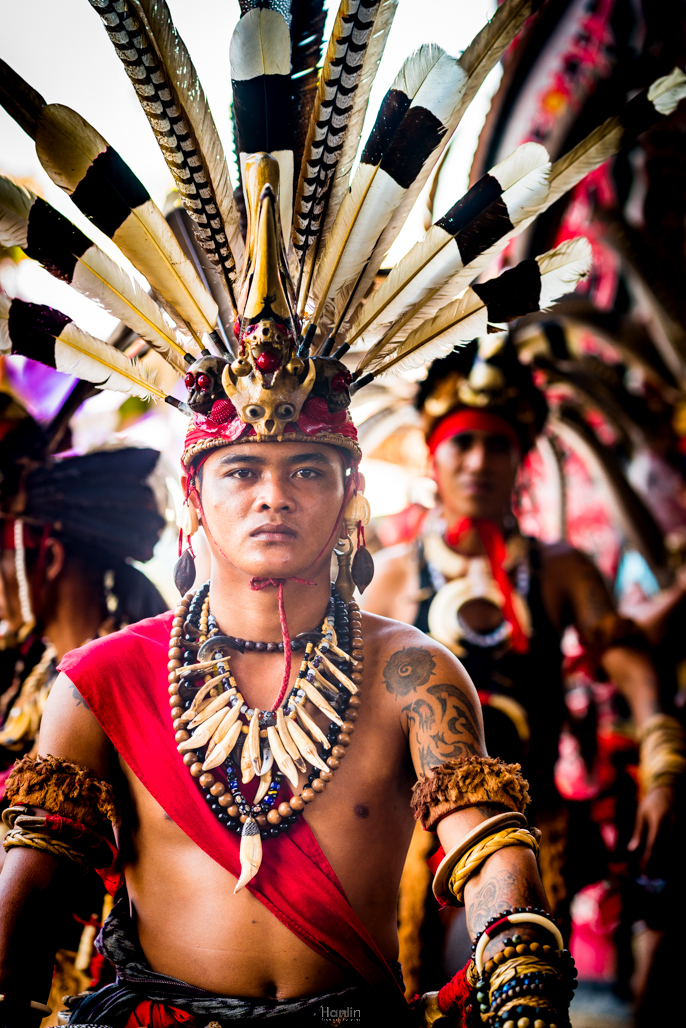
A traditional tattoo artist will usually consult the spirits for guidance in revealing a design. Then, before work on creating a tattoo can begin, a sacrifice (killing a chicken or other fowl) to the ancestor’s spirit must be made. After that sacred ritual, the artist embarks on a long and extremely painful tattooing process that can last from six to eight hours and sometimes even weeks.
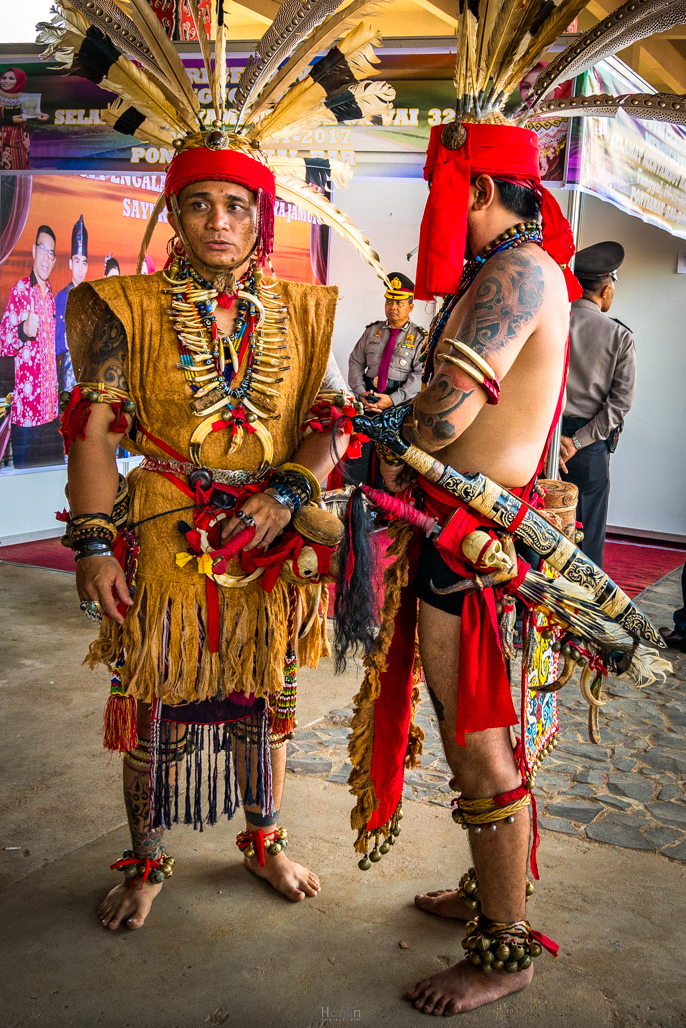
Dayak people used to carry Mandau (the traditional weapon of the Dayak people) everywhere but the use of it should be according to the rules, as in it cannot be used for threatening people, and cannot be removed from its sheath arbitrarily.
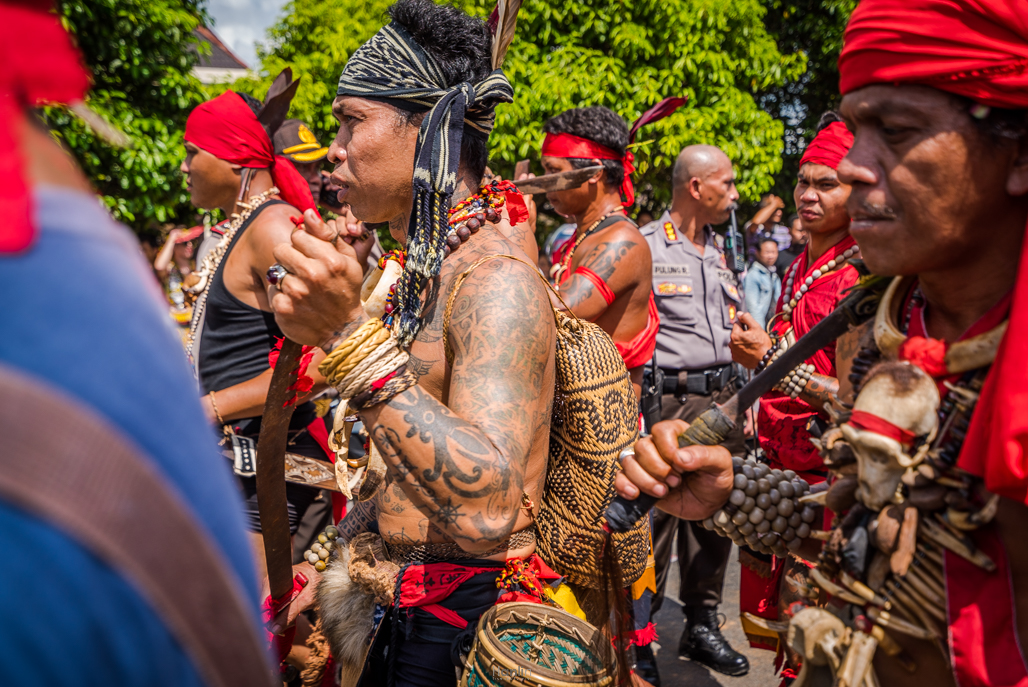
Mandau is the traditional weapon of the Dayak people in Kalimantan.
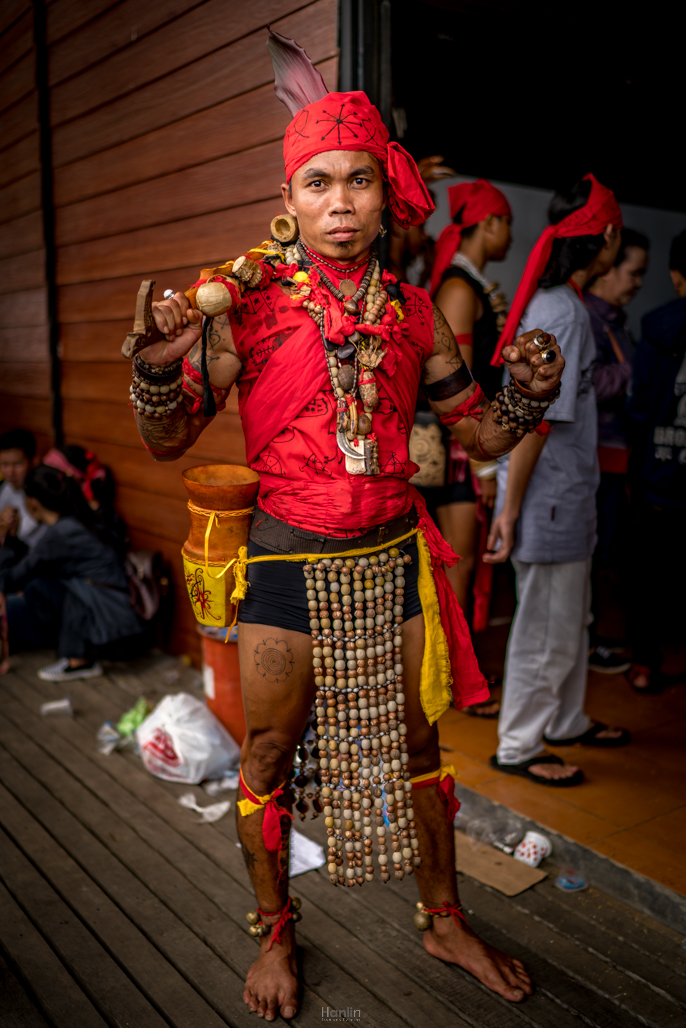
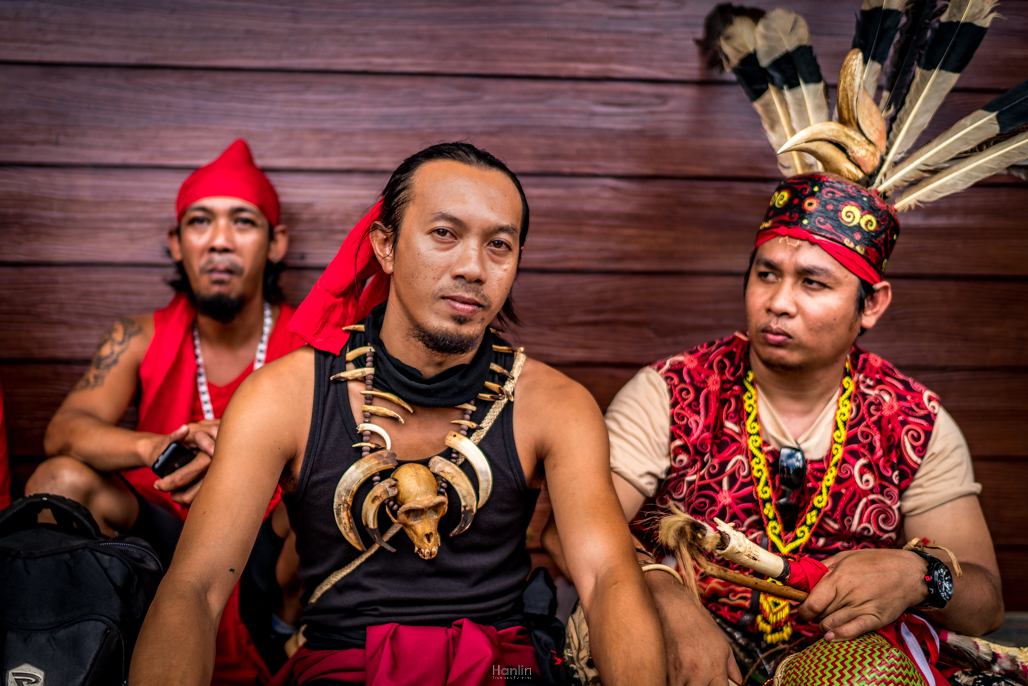
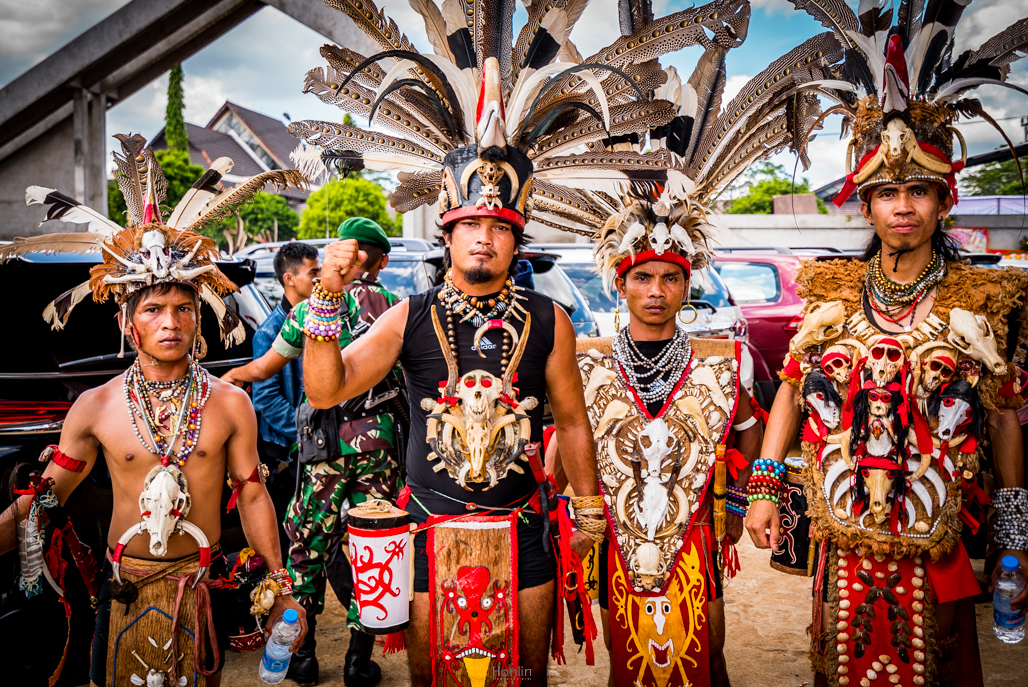
Borneo has this fearful army called as The Ghost Warrior. Some other believed they are the Dayak people but some other said it was The Bird Commander, a spirit who protects the Dayak people.
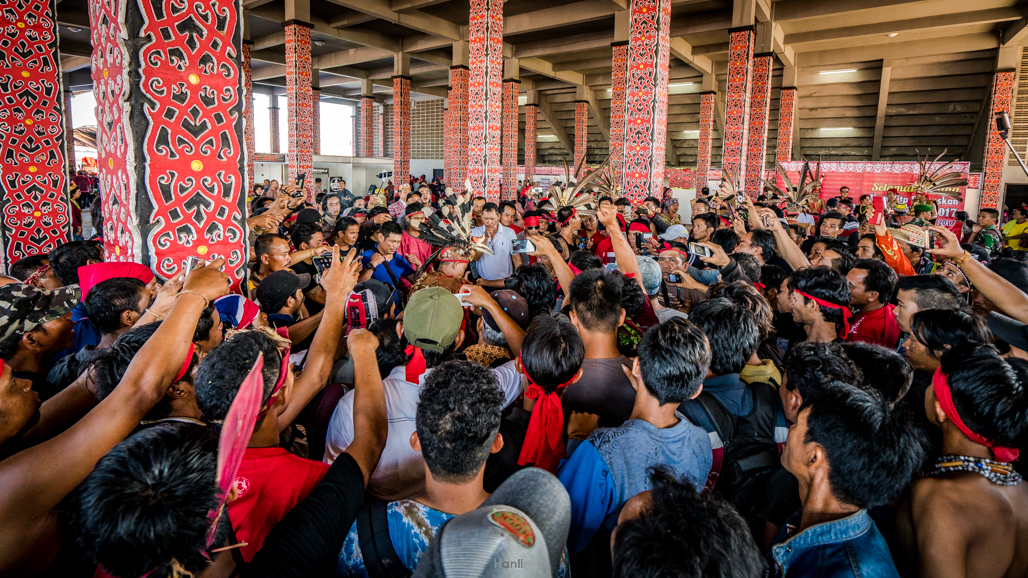
Dayak is one of believers of animism and dynamism. They perform magic for various purposes. They could send magic through the wind and known as “racun paser” (paser poison). If paser poison gets through one person’s body, his body will be itchy and his skin dry like being sucked into its bones. This kind of magic made Dayak people both feared and respected for.
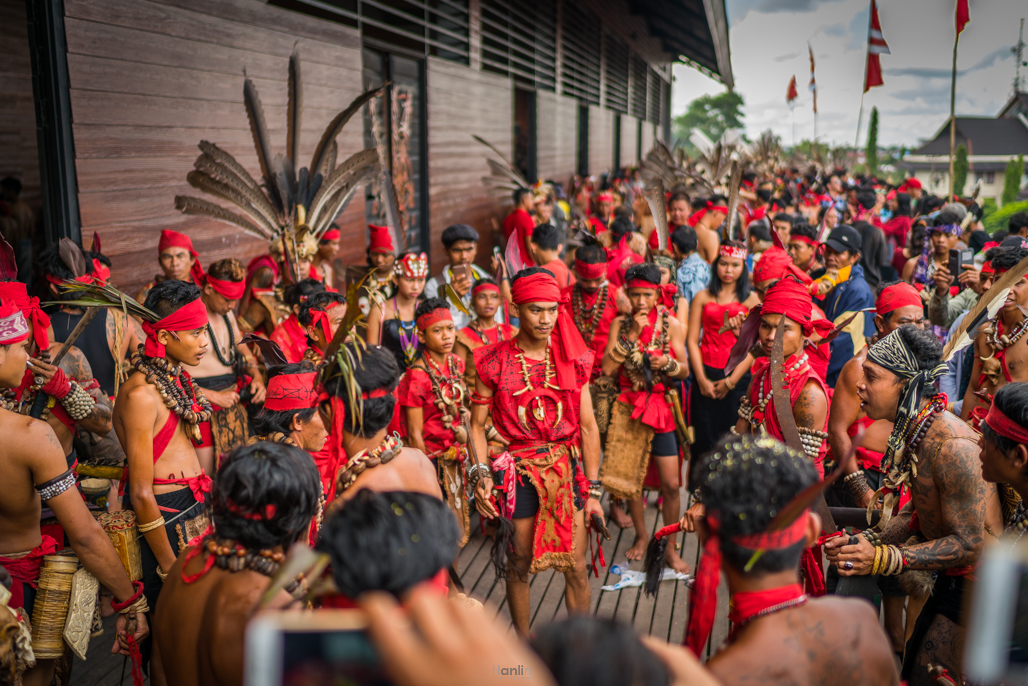
Fighters need a spell to make them immune to bullets or sharp object.
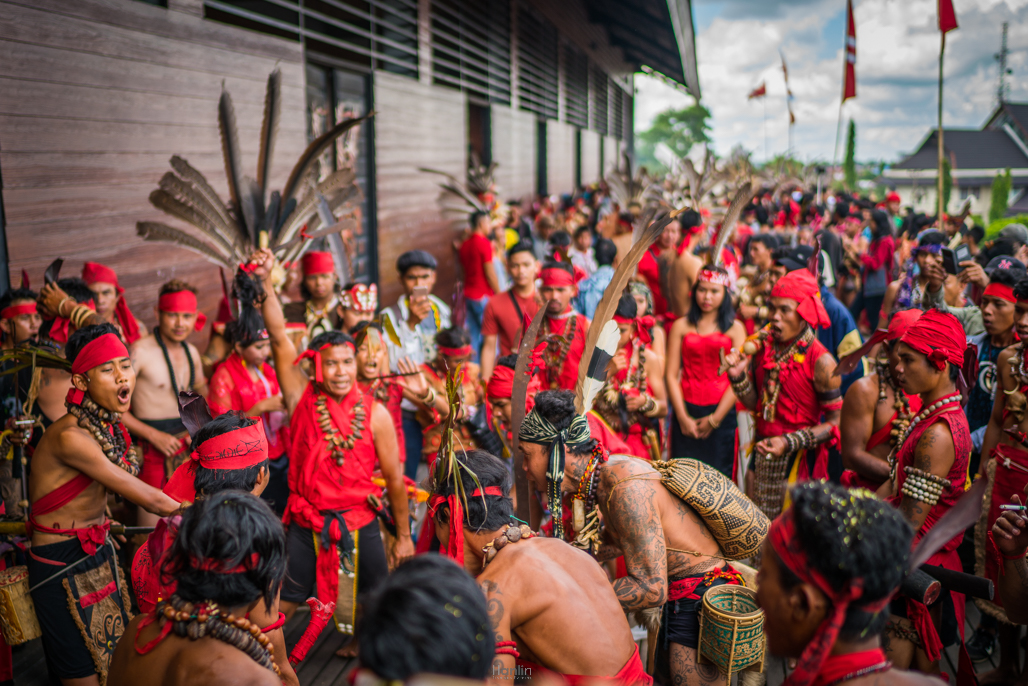
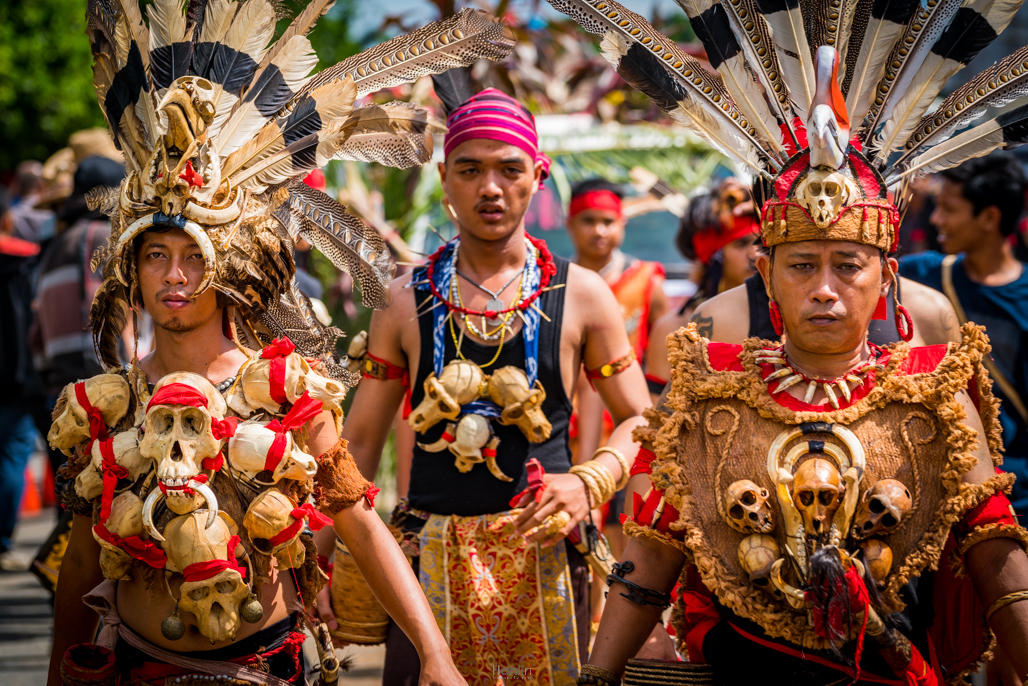
Gawai Dayak, Gawai means Festival, Dayak is name for the indigenous peoples of Kalimantan, Indonesia.
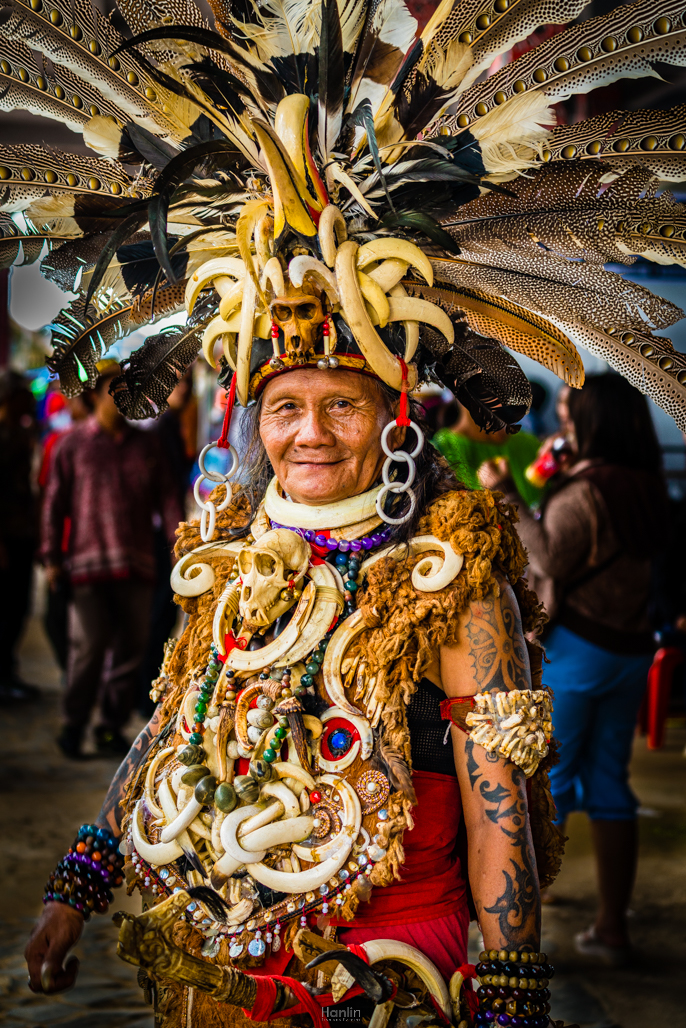
The Dayak people at Gawai Dayak Festival, with Hornbills headgear. Hornbills were preferred because they were believed to be a messenger of the war god, at the same time symbolising rank and reputation.
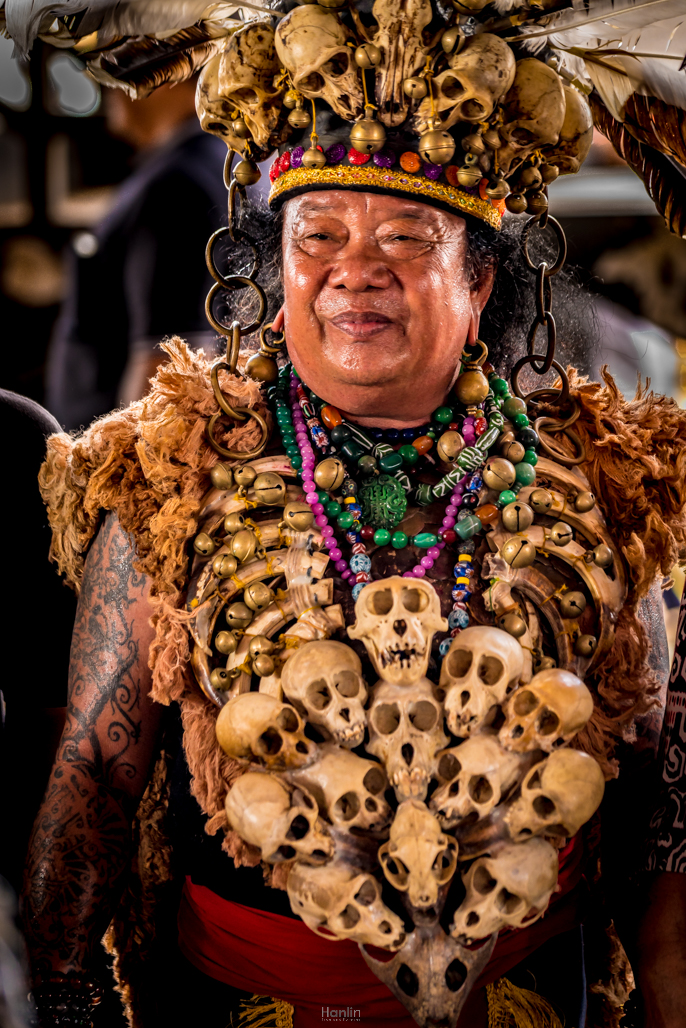
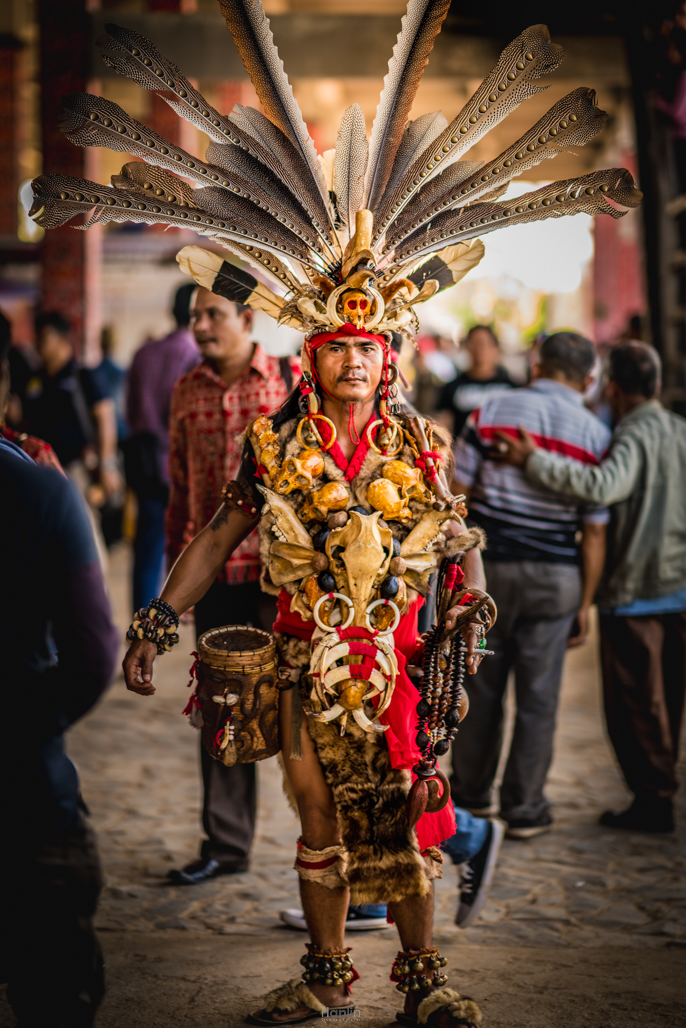
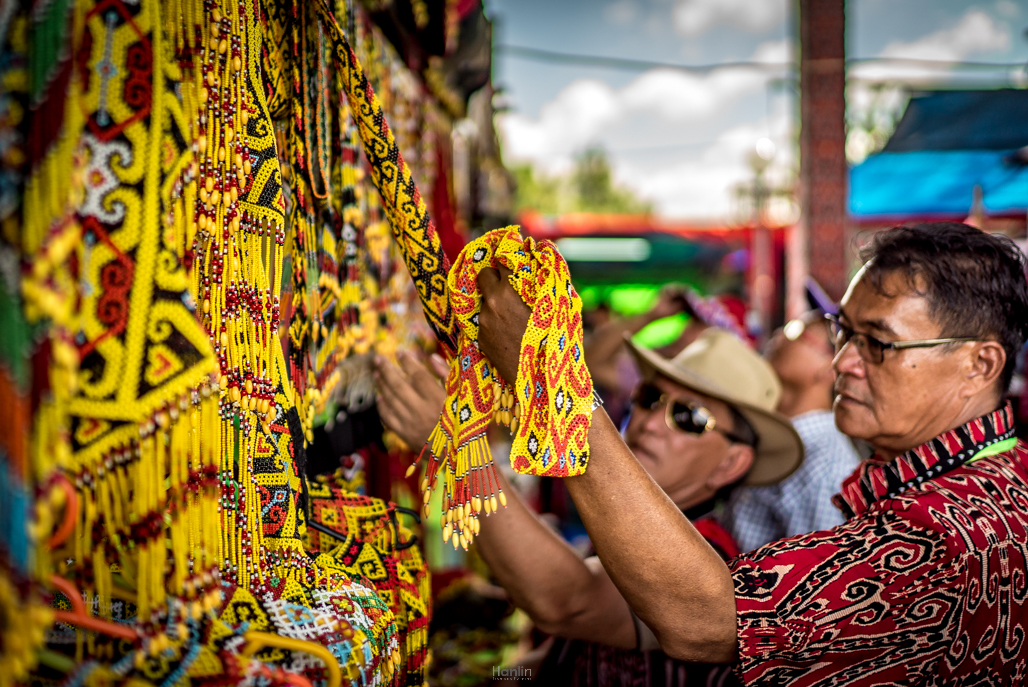
The Dayaks handmade beads necklace, scarf and accessories.
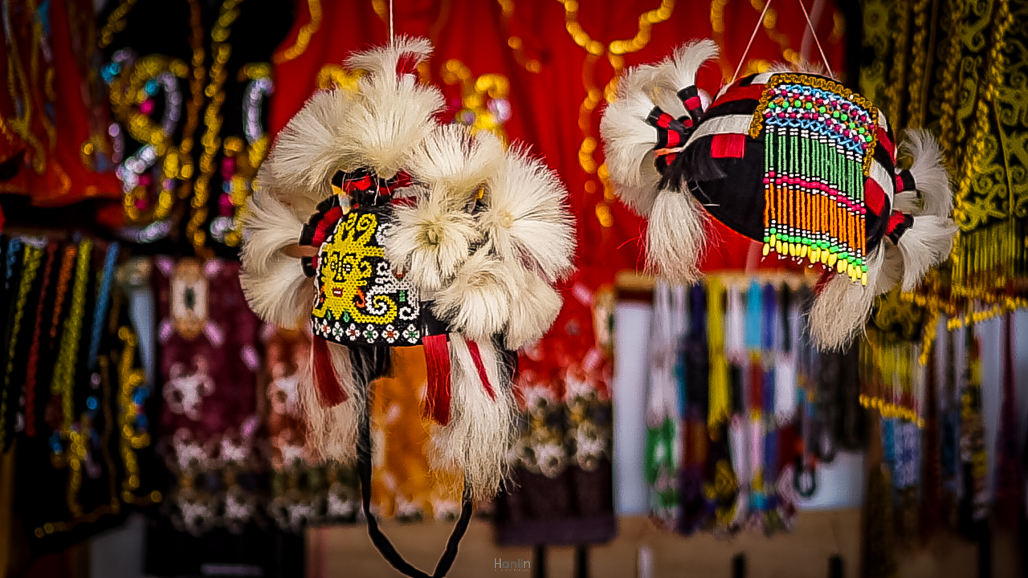
The handmade accessories sell at Gawai Dayak Festival.
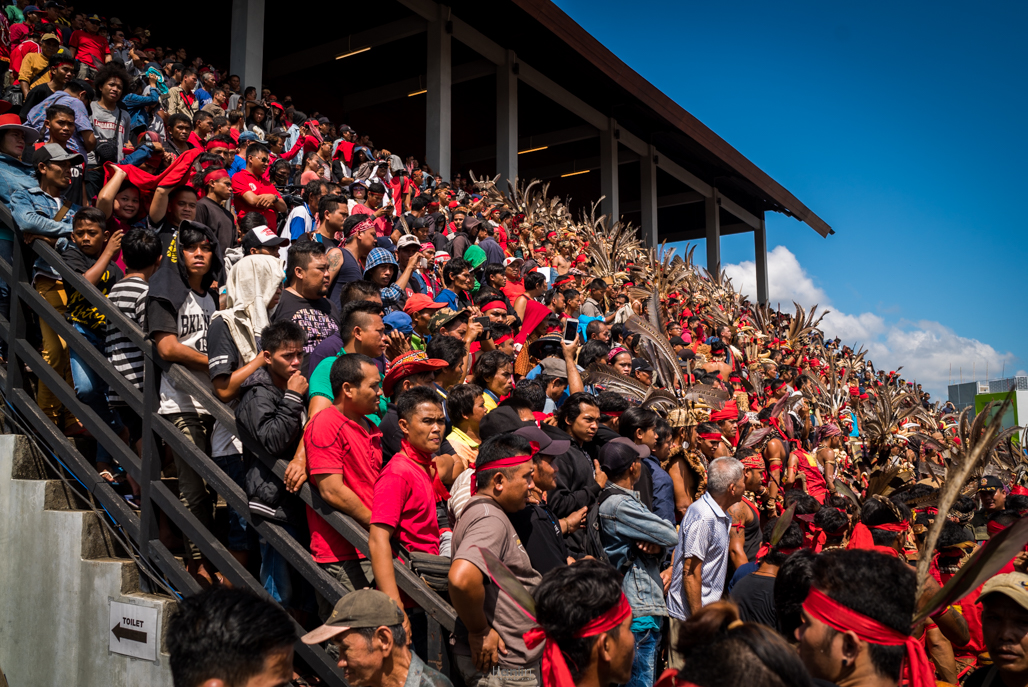
Every year on 20th May, Dayak people will celebrate “Gawai Dayak”, and usually will last for 7 days.

Gawai Dayak is a cultural feast celebrated by the Dayak people in West Kalimantan every year for the thanksgiving after harvest.
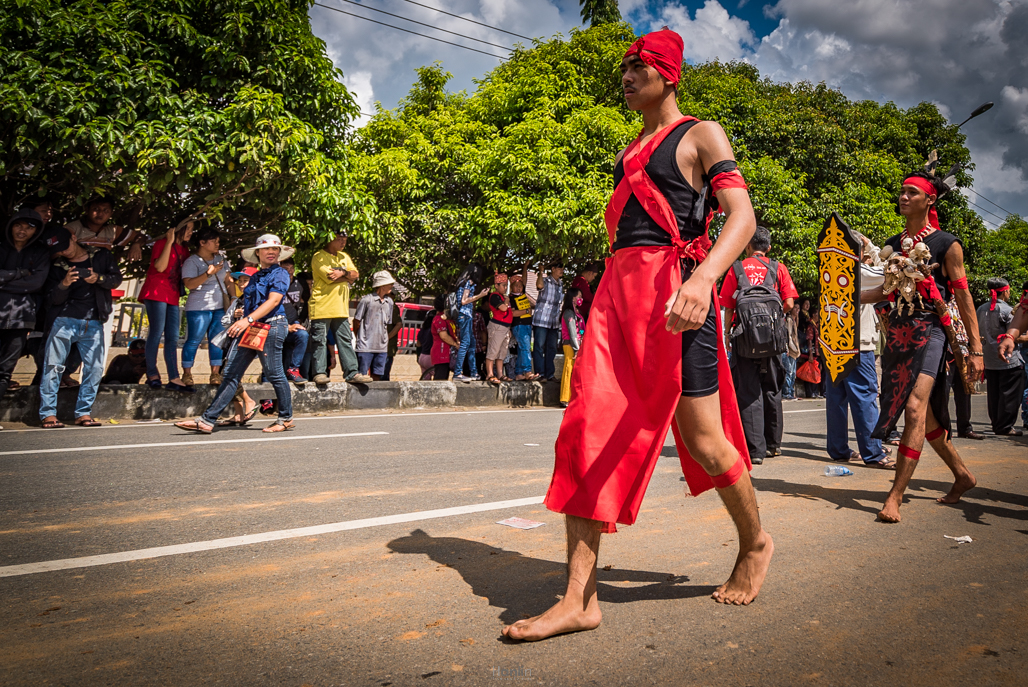
Gawai dayak also known as rice harvest festival is an annual festival to celebrate the conclusion of Paddy rice harvest and marks the beginning of a new season rice cultivation.
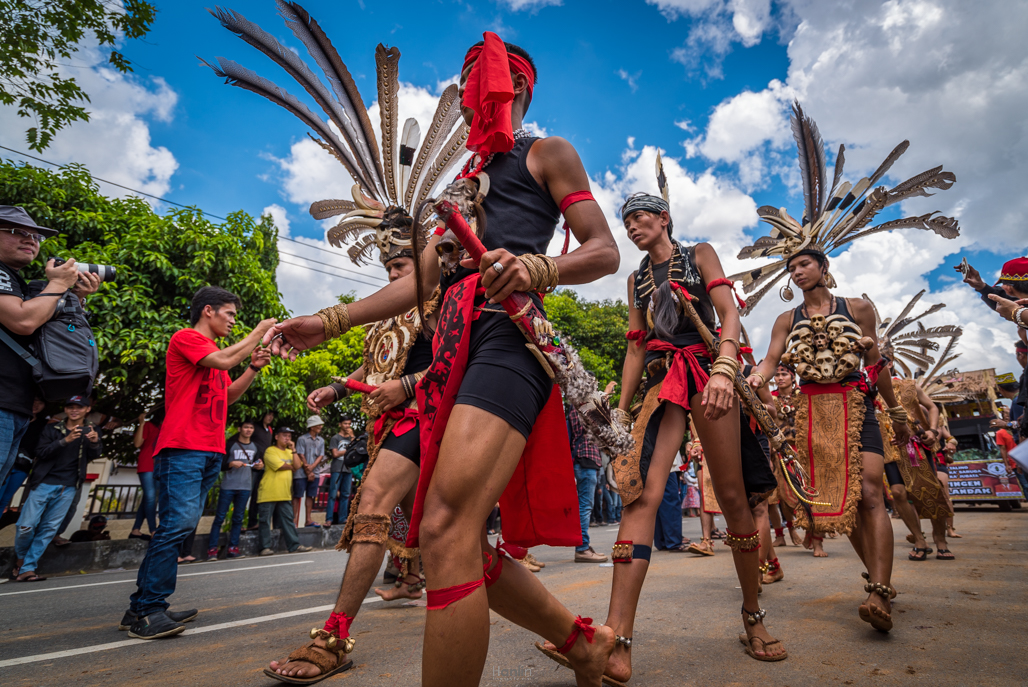
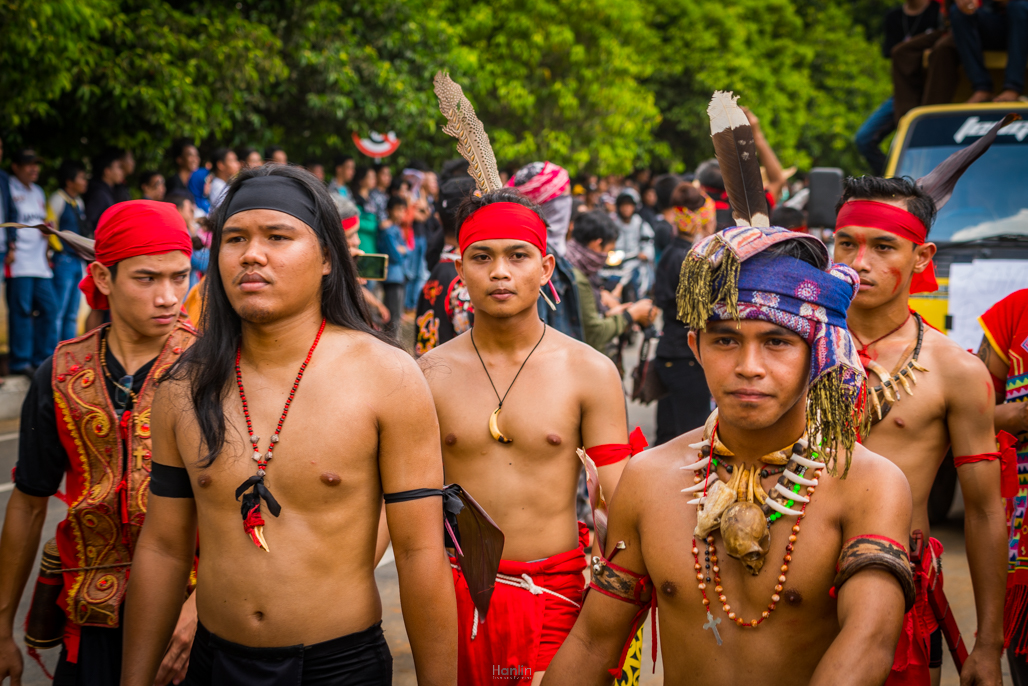
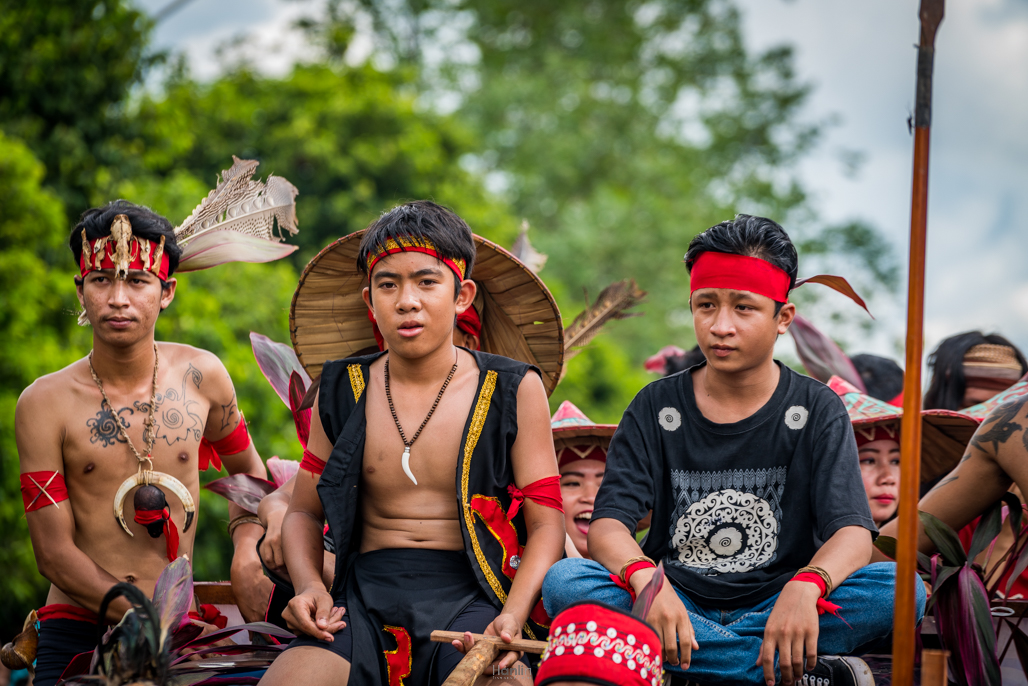
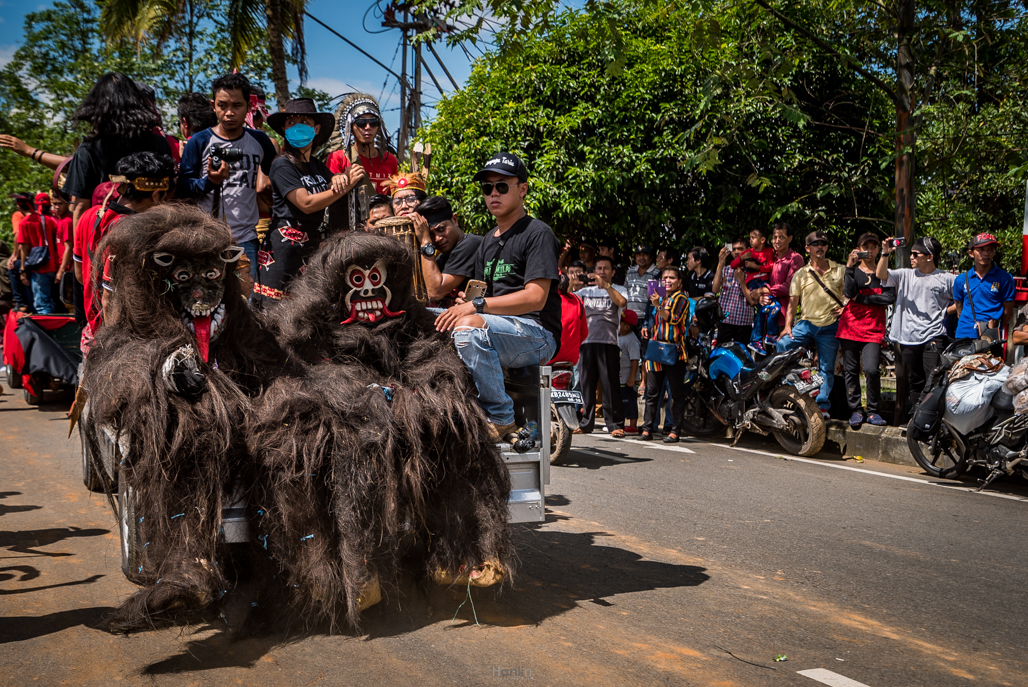
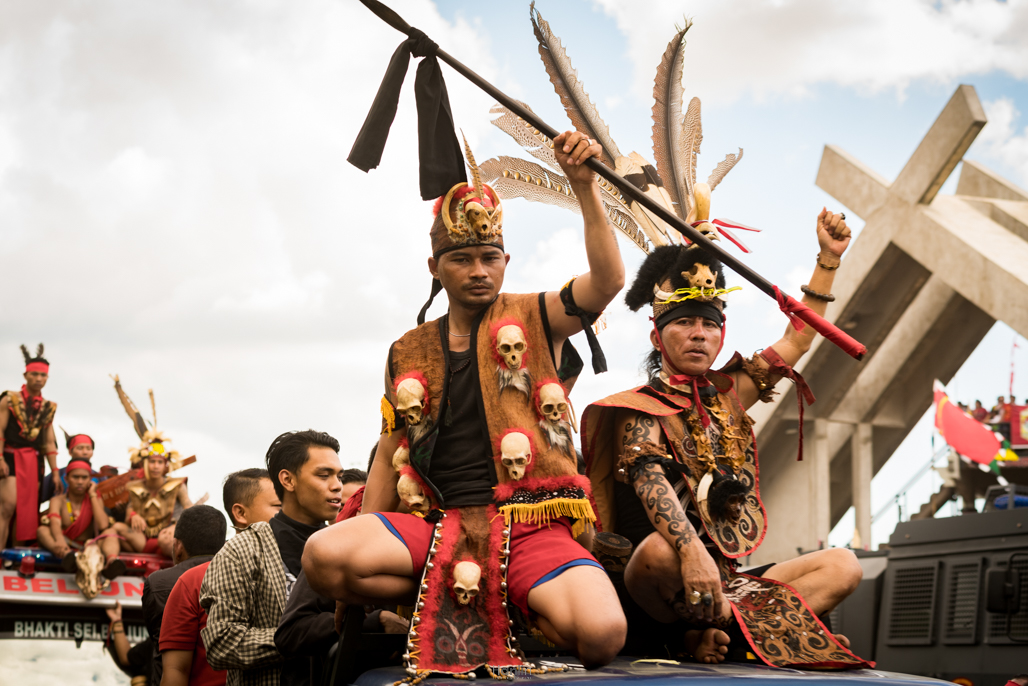
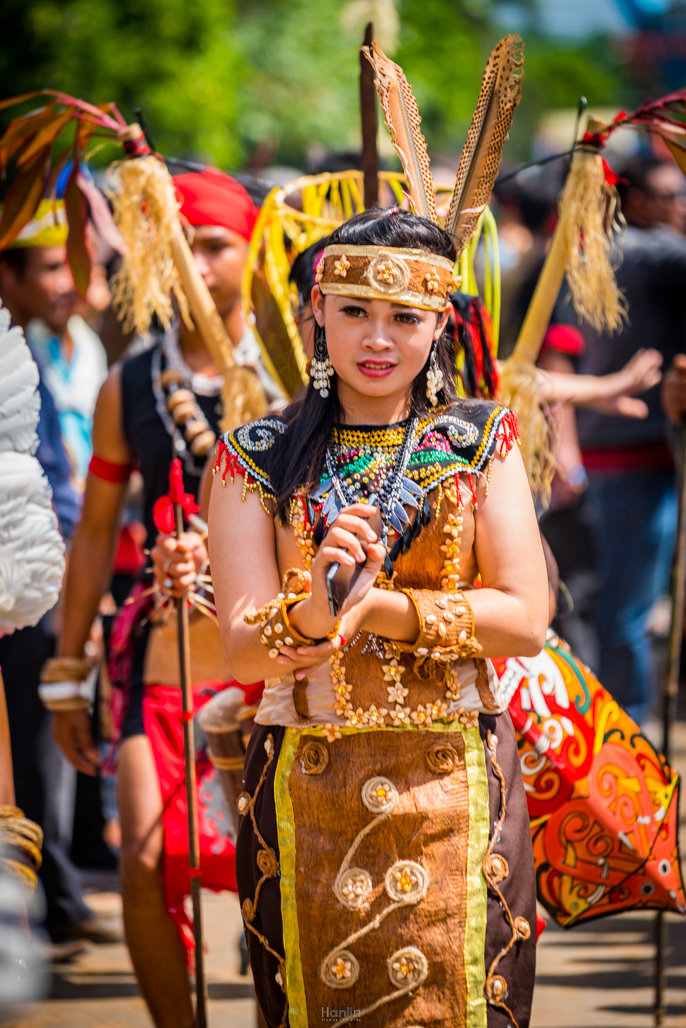
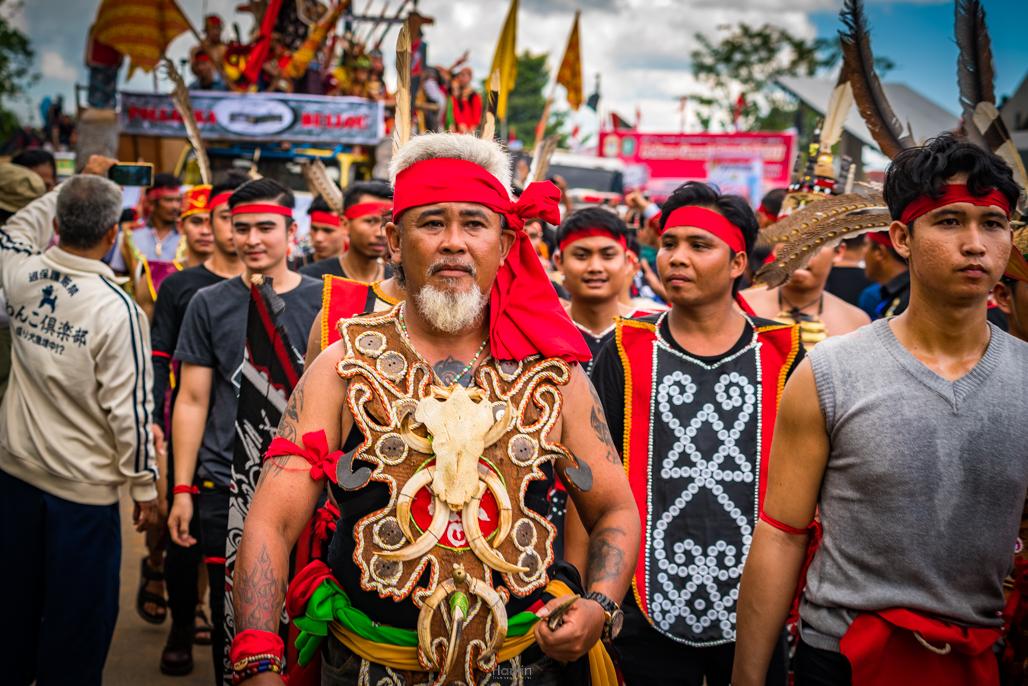
The Dayak people are community group who rate family and kinship above all else.
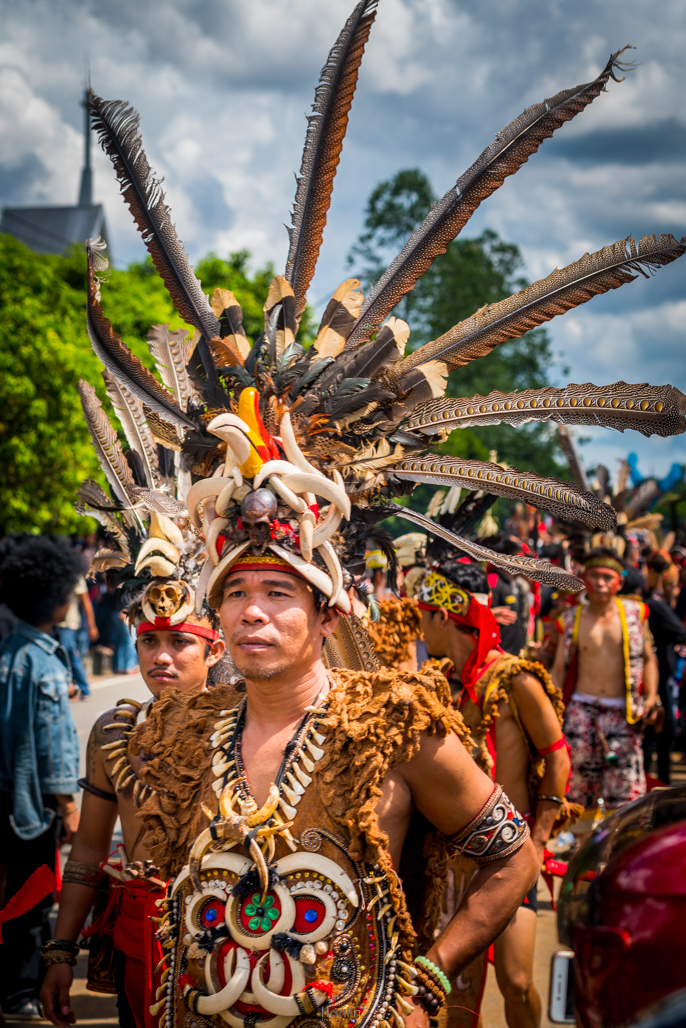
Hornbills were preferred because they were believed to be a messenger of the war god, at the same time symbolising rank and reputation.
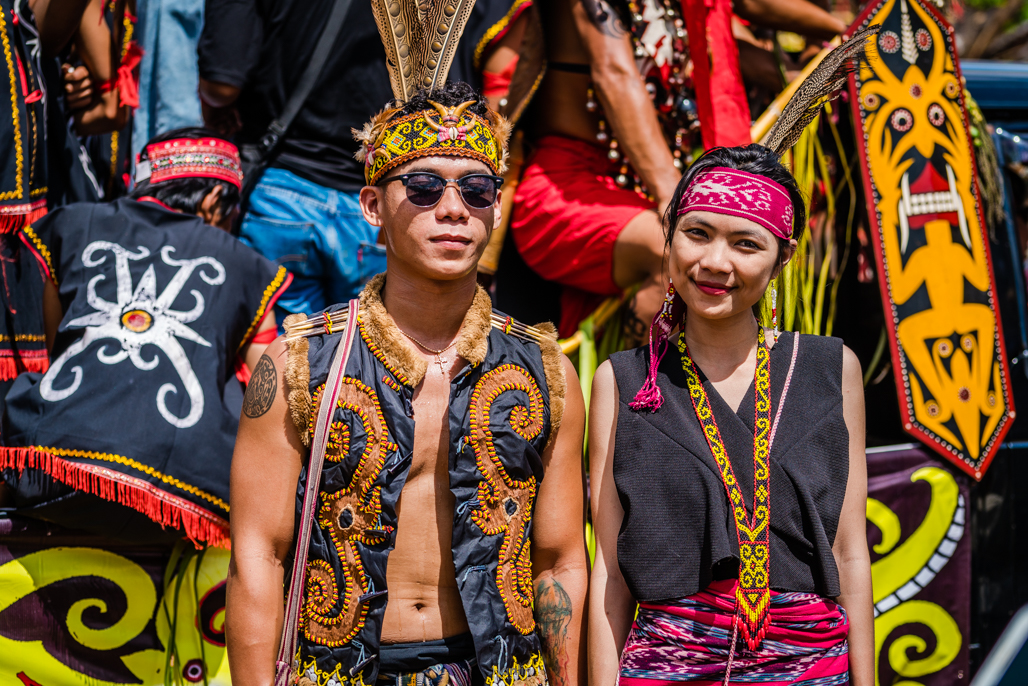
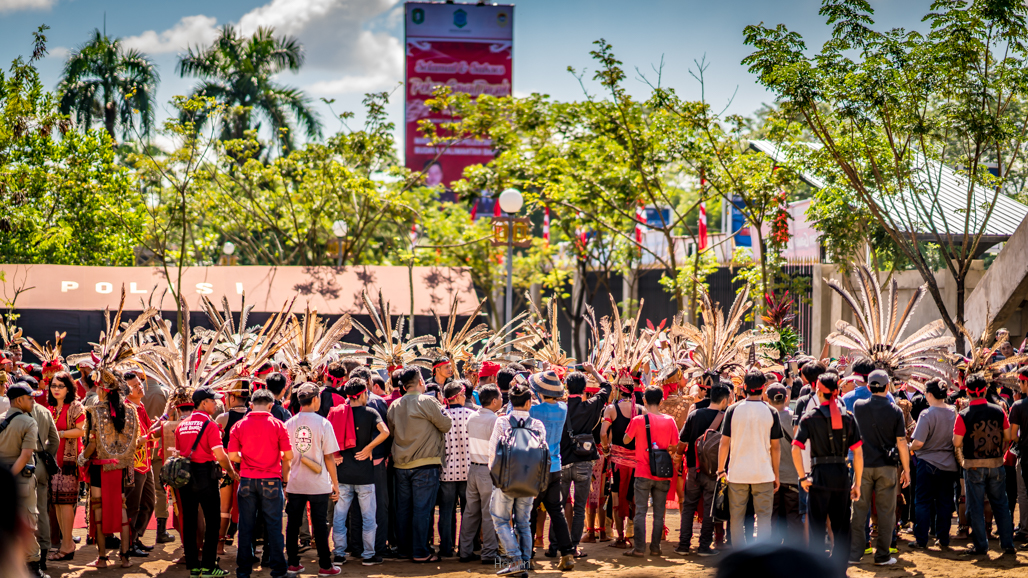
Gawai Dayak is a community ceremony and is attended by all the people both local and from outside the region even from abroad.
All Photographs taken by © Teh Han Lin
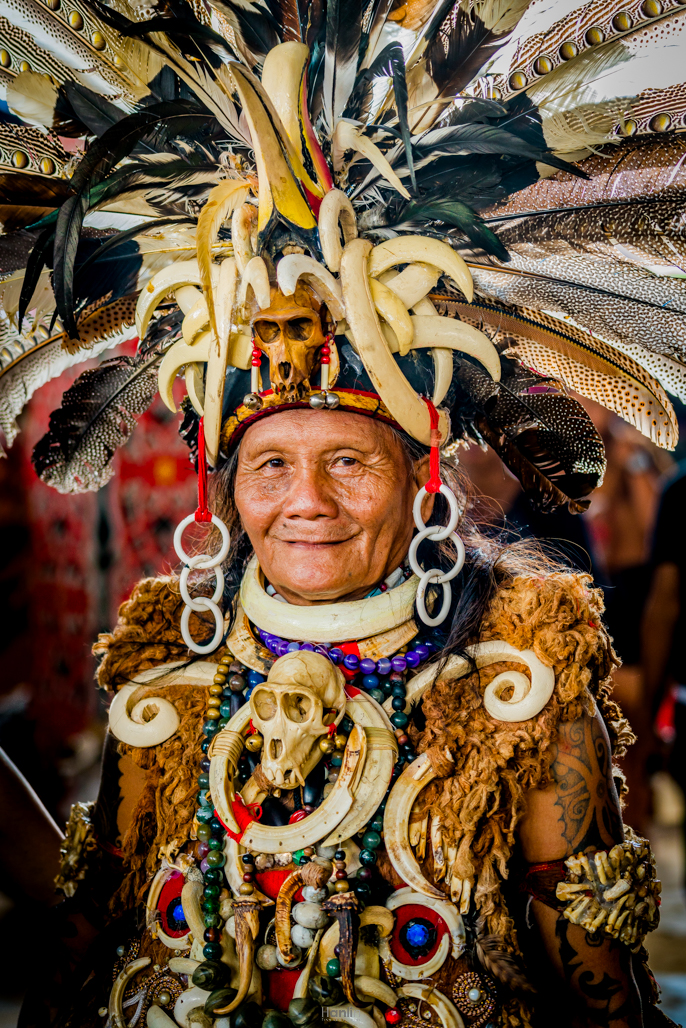
No Comments